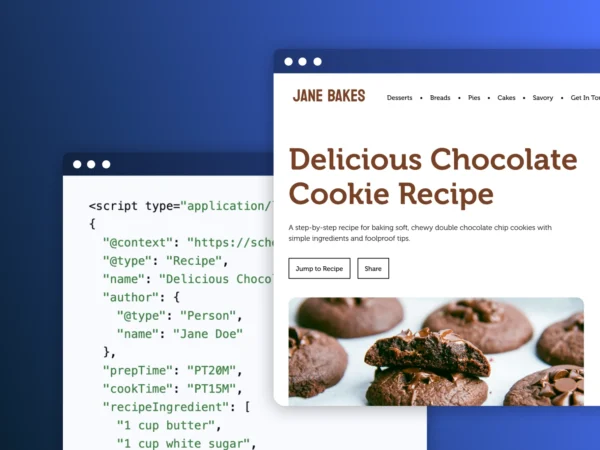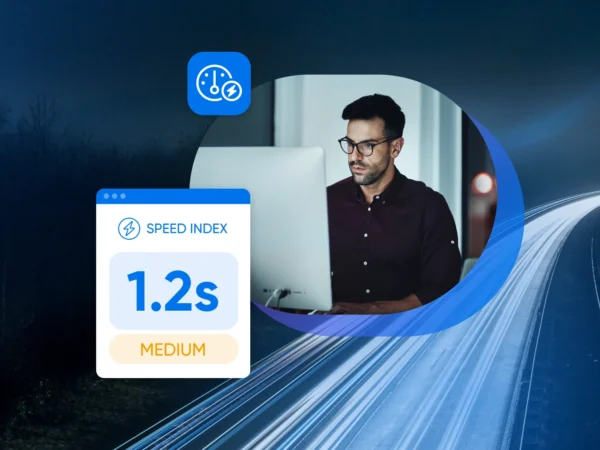What is a Cached Page?
A cached page is a temporary copy of a specific page stored locally or on a remote server. Browsers and websites cache pages so that they load faster.

More About Cached Pages
If you visit the same websites often, your browser will cache some of their information. It does this so that you don’t have to reload pages in full every time you access them. That’s called browser caching, and it’s a common practice that helps reduce loading times while you navigate the web.
Other types of page caching include using Content Delivery Networks (CDN). A CDN is a service that caches pages in datacenters in specific regions. The goal of a CDN is to re-route visitors and serve them cached copies of your website. Using a CDN can reduce the strain on your servers and decrease loading times.
When configuring caching for your website, it’s essential to set expiration dates. That way, browsers will know when to delete the cache and reload your website from scratch so that users don’t get served outdated content.


